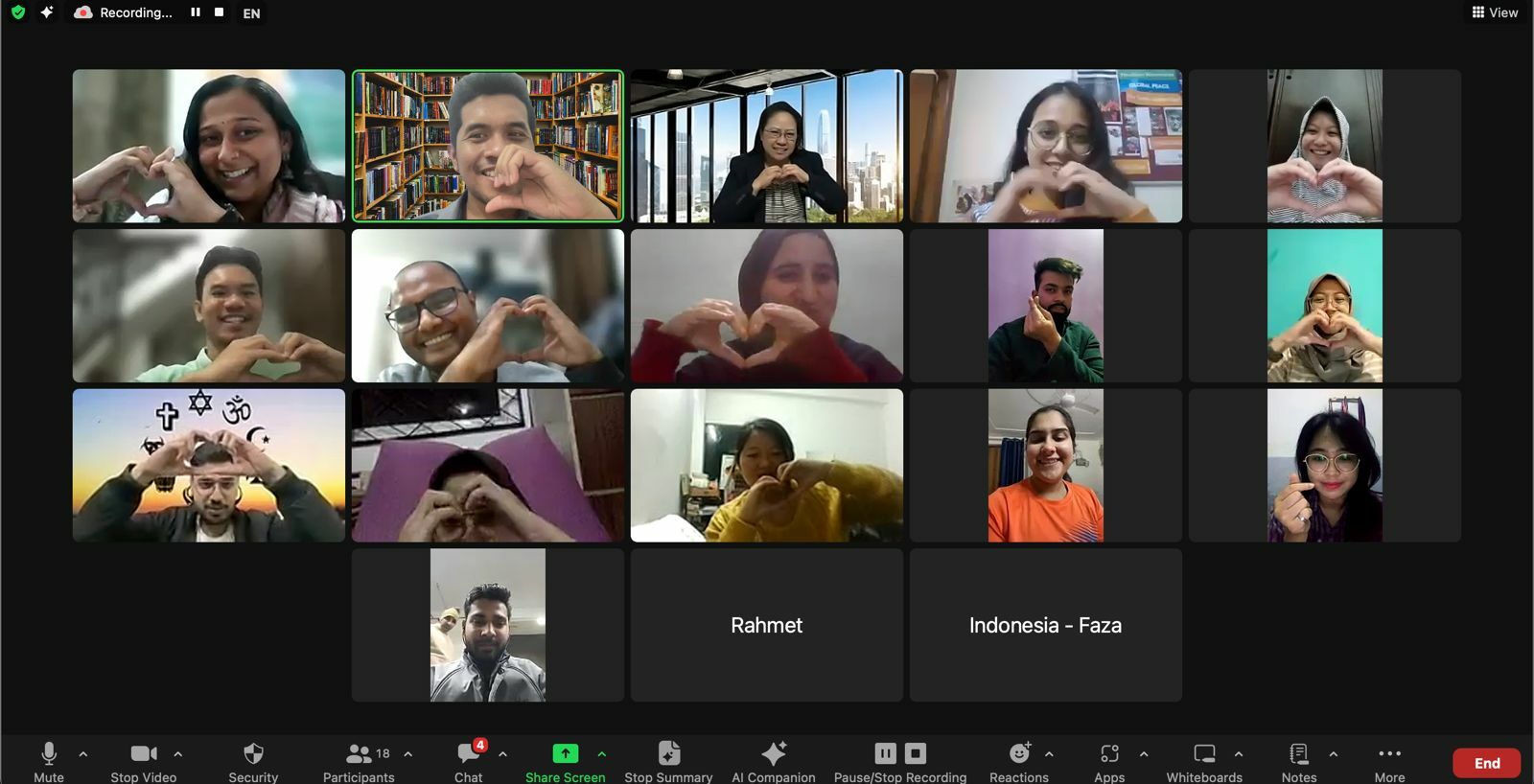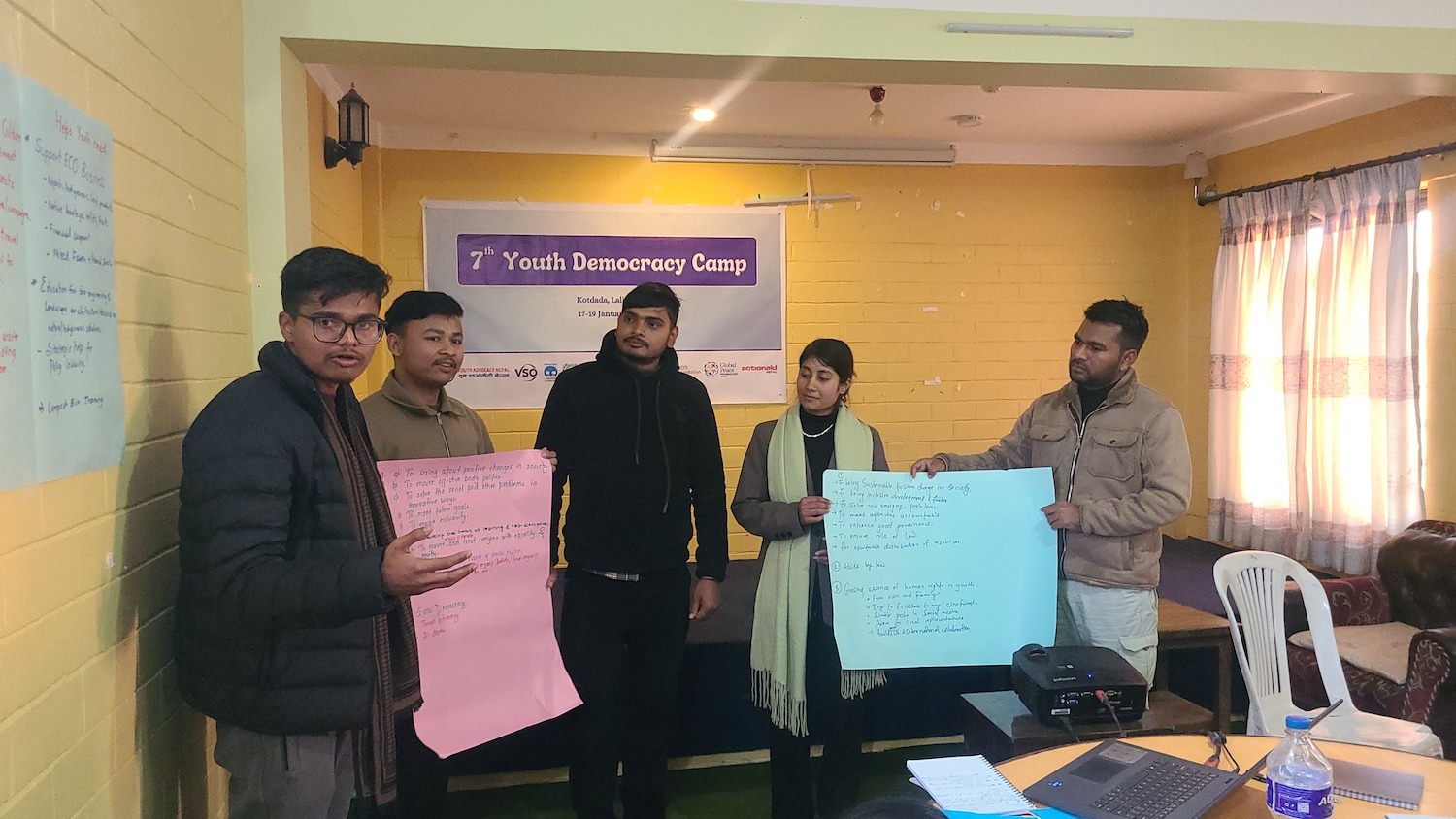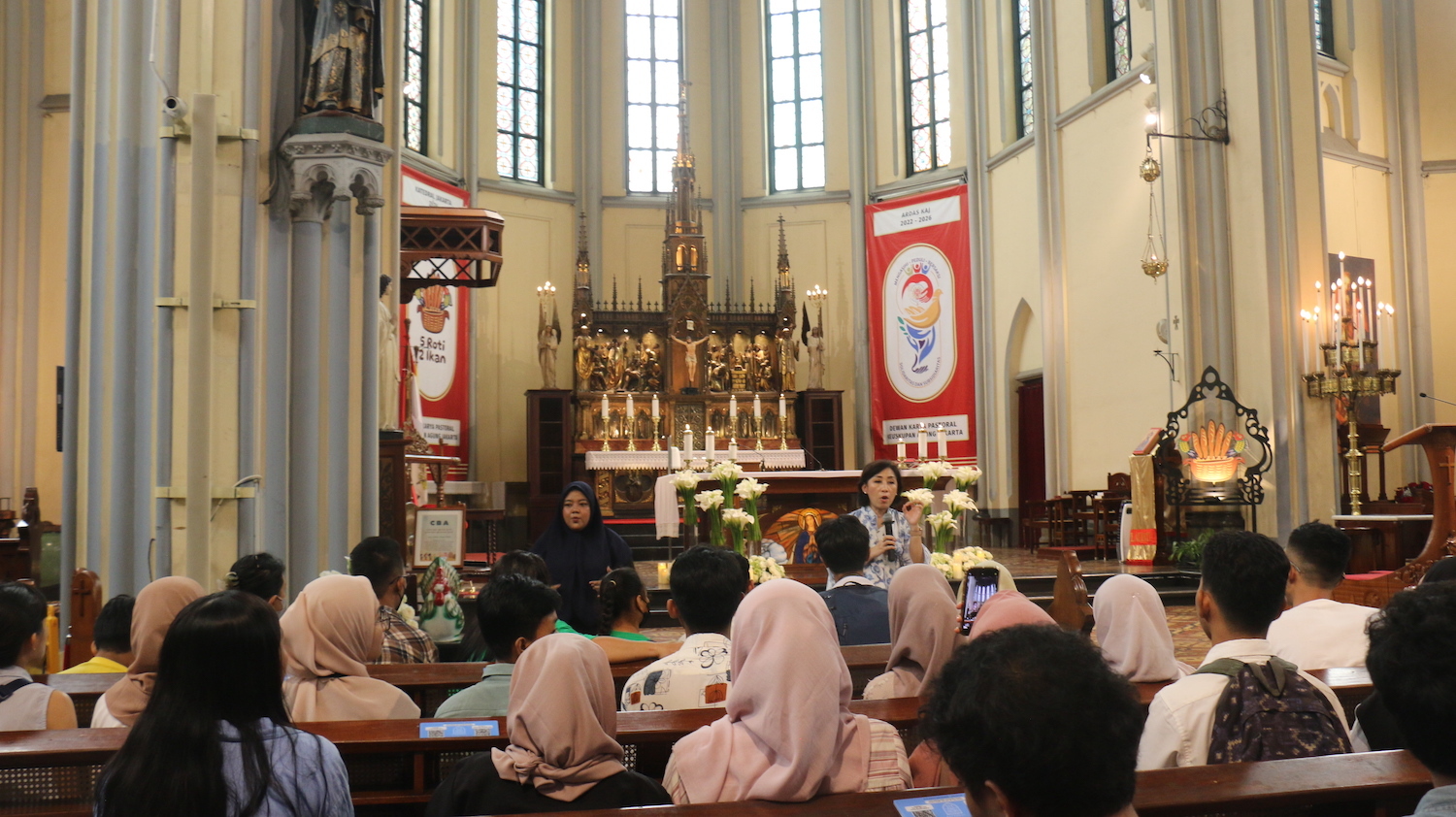Atlanta Civil Rights Leader Dr. Gerald Durley Calls for Americans “to Recommit to Something Greater than Ourselves”
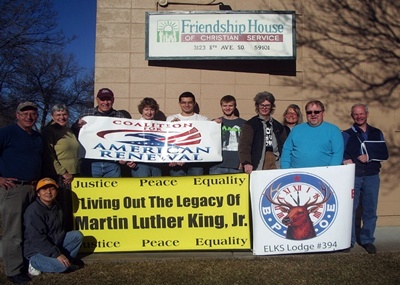
Volunteers in front of the Friendship House
Volunteers from the Global Peace Youth Corps, the local Elks Lodge, and neighborhood residents joined hands at the Friendship House of Christian Service in Billings, Montana on Friday, January 17, 2013 in observance of the Martin Luther King Day of Service, a U.S. Federal holiday officially designated on the third Monday in January.
The Billings MLK Day of Service and related events over the next three days were organized by the Black Heritage Foundation with support from the Coalition for American Renewal Montana, Service For Peace, Global Peace Youth Corps, and local businesses.
City Councilman and chair of the Martin Luther King, Jr. Day of Service in Billings Mike Yakawich said that engaging in community service was a fitting way to honor the memory of the Baptist minister and civil rights leader.
“The Baptist Church was the founding institution for the Friendship House,” Yakawich said. “It is a place of Christian service. Martin Luther King really advocated Christian service to mankind . . . so it’s nice to celebrate by going out into the community.”
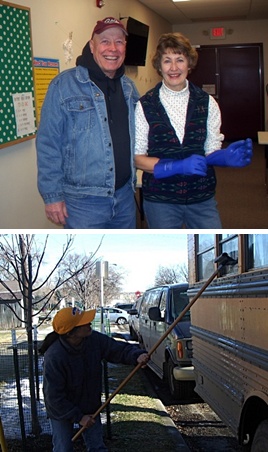
Volunteers during MLK Day of Service in Billings.
The Friendship House reaches out to about 110 predominately low income, minority youth in the area, focusing on after school and summer programs where education, literacy development and tutoring are the highest priority. Volunteers assisted with painting, grounds clean up, and deep cleaning of school chairs, tables, vans and buses.
In the evening some 100 people attended the annual MLK Jr. Day Dinner and canned food donation drive at the local Food Bank. And on Sunday, several local churches hosted an ecumenical service at the Grace United Methodist Church.
On Monday, January 20, the federal holiday in King’s honor, noted Atlanta pastor and civil rights leader Dr. Gerald Durley, 72, offered an invocation prior a ceremonial bell ringing in Peaks to Plains Park at Montana State University in Billings.
The event continued inside with a speech from Durley, a performance of “Go Tell it on the Mountain” by the MSUB Men’s Ensemble and a reading of one of King’s speeches by Eran Thompson, chairman of Not in Our Town Billings. “It is important that all people celebrate Martin Luther King Day, Thompson said. “It’s not just about color; it’s about equality. It’s about how we form a community. In Dr. King’s case, forming a more perfect union.”
Later that night, young and old, ministers, city council members, and the county commissioner walked from the courthouse lawn to the NOVA Center for the Performing Arts for the main program and a stirring keynote address by Dr. Durley. Local news anchor Jay Kohn served as MC, with music from the Billings Central Catholic High School Choir, Brick House Band, Big Sky Men’s Chorus, and Sweet Adeline Women’s Choir.
Martin Luther King, Jr. “believed in the American dream and lived out the creed that we’re all created equal.”
Durley, who met Dr. King, when he was 18 years old after the indignity of being kicked out of a Tennessee department store, said the “real” Martin Luther King Jr. was “first and foremost, a gospel preacher who understood that a power greater than he was lifting him.”
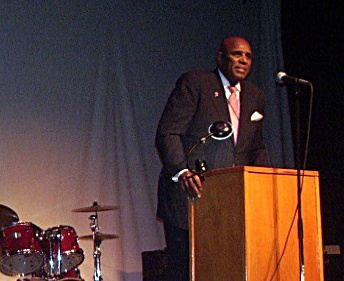
Dr. Durley
King, he said, “believed in the American dream and lived out the creed that we’re all created equal. We all have to work more assiduously to eliminate poverty and to care for the elderly. I beg you to leave this celebration this evening with the promise that from now on I will speak out for justice and ending war. We can all stand on the truth that all God’s children are created equal.”
“There is something intrinsically beautiful when you get with people who understand that the cause is bigger than yourself,” Dr. Durley added. “We need to speak truth to power, because that’s what made America strong. We are here to recommit to something greater than ourselves.”
The U.S. Congress designated the Martin Luther King Jr. Federal Holiday as a national day of service in 1994. The MLK Day of Service empowers individuals, strengthens communities, bridges barriers, creates solutions to social problems, and moves us closer to Dr. King’s vision of a “Beloved Community.”

